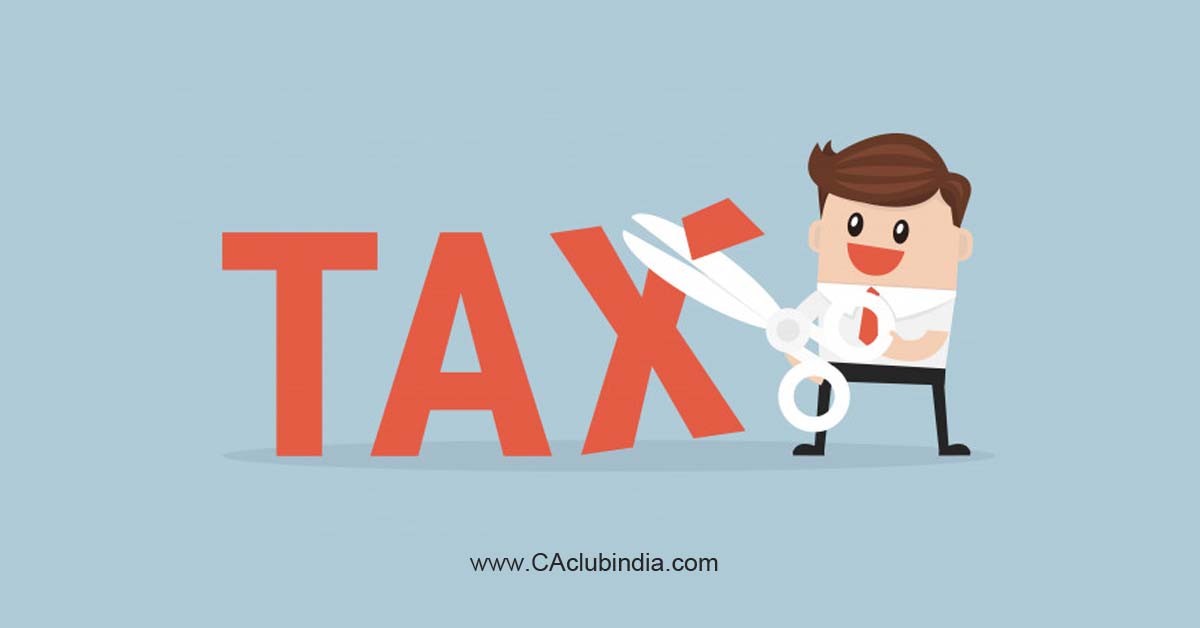Introduction
People are always looking for ways to pay less income tax and there are numerous ways to accomplish this. Everyone wants to save more money and build a strong financial future that can support them even in the absence of regular income. Savings are critical to the achievement of any financial strategy, and for good reason. Paying income tax on all your taxable income, however, can reduce your savings and leave you with less money to plan for the future. This article will give you information on "How to Minimize Income Tax".
What is income tax?
The government levies a system of taxes on the amount of income generated by individuals. The Income Tax is a charge levied by the central government on individuals and enterprises in accordance with certain rules and regulations. For every taxpayer it is mandatory to submit an ITR (Income Tax Return) each fiscal year in order to assess their various tax liabilities. The government derives a sizeable portion of its revenue through income tax. Then, these taxes are used to fund a variety of public needs, including food, transportation, and communication.
Taxpayers are required by law to file income tax returns every year to establish their tax liabilities. The Government of India depends on this revenue as a source of funding. A person's earnings, salary and other sources of income, such as pensions, interest and dividends, are all subject to this income tax.

What are the ways to reduce your income tax?
There are several ways to reduce your income taxes:
1. Investment under section 80C can reduce 1.5 lakhs from your income
Your taxable income has been reduced by Rs 1.5 lakh as a result of the investments and payments listed below.
- PPF (Public Provident Fund)
- Tax Saving Fd
- ELSS (Equity Linked Savings Scheme)
- NSC (National Savings Certificate)
- Premium of life insurance
- NPS (National Pension Scheme)
- Repayment of home loan
- Tuition payment
- EPF (Employee Provident Fund)
- Senior Citizens Savings Scheme
- Sukanya Samriddhi Yojana
- ULIP (Unit Linked Insurance Plans)
- Tax saving mutual funds
- Fees for child's education
2. Buying health insurance can deduct up to 25,000 from your income
For the annual premium you pay when you buy health insurance under section 80D, you can deduct from your tax Rs. 25,000 can be deducted. If the policyholder or spouse is above 60 years of age, the deduction can be doubled to Rs 50,000.
3. Claim a deduction on your house rent allowance and can reduce your income tax
You can deduct tax from your salary if it includes house rent allowance; Otherwise, you can't. If you are a salaried employee who pays rent but is not eligible for HRA then under section 80GG Rs. A tax deduction of up to 60,000 is available.
4. Deduction on your home loan interest can help you reduce your tax
You can avail tax deduction to reduce your taxable income on your home loan interest amount under Section 24 of the Income Tax Act. Limitation under Sec.
5. Avoiding expenses from your savings account can help you lower your income tax
One of the easiest methods to reduce your taxable income is to claim a tax deduction for the interest earned on your savings accounts. Interest earned on savings accounts under section 80TTA is Rs. 10,000 is tax free. The limit for senior citizens under Section 80 TTB is Rs 50,000.
6. A charitable donation can help you reduce your income tax
Giving to charities that receive government verification enables you to claim a tax deduction under Section 80G of up to 10% of your adjusted gross income and a range of 50% to 100% of the amount you give. If the donation is made to support scientific research or rural development, you may be eligible for a tax deduction under section 80GGA.
However, your salary does not represent your entire income. Income is defined by the Income Tax Act, 1961 as the sum of all earnings under each of the following five heads of income:
- Income from wages.
- Income from household assets.
- Business brings income and profit.
- Income from investment profits.
- Income from other sources.
- Your gross income is calculated by adding your salary to the income from these sources.
Conclusion
To arrive at your gross taxable income figure, you must deduct the claimed tax deductions from your gross income if you participated in any of the investments that reduce your income tax as mentioned in this article. With these investments and payments you can invest your savings for a stable financial future while also saving tax on the payments and contributions you make. In either case, you can gradually save more tax and build up funds that you can use to achieve financial stability.








 CAclubindia
CAclubindia
